When I was in third grade, I gave my crush a basketball card as a gift for Valentine’s Day. And it wasn’t just any basketball card, it was a Magic Johnson basketball card. Right now, you’re probably thinking, “You gave a crush a basketball card of the legendary Magic Johnson?!” Or you’re thinking, “Why would you give a crush a basketball card of Magic Johnson?”
Well, it turns out the card was a cheapy and didn’t hold value of any sort. Regardless, at the time, the card held sentimental value to me. The mere fact that I would consider giving it to a girl–who could have had cooties for all I know–was an incredibly romantic gesture for a third-grader. Needless to say, she didn’t really like the gift.
Looking back on this tragically goofy gem of my childhood, I realized three things: one was that I consider myself awfully brave for being so bold at that age. Two was how our of expression love, infatuation, obsession or adoration never really changes over the years. Three was–and this is the most important–that, perhaps, our definitions of love transform over the years, adapting with our capacity to experience different levels of loving reciprocation.
I’ve always been worried about falling in love.
I know that may be such a trivial thing to worry about–especially since it is so much out of my control–but when I’m in relationships, the indecisive feeling of “what love is” always lurks in the back of my mind. This unease may occur during relationships because I’ve always had a singular, definitive idea of what love is, a goal that I must reach to achieve pure happiness.
Being in the state of mind of having to reach a my perfect definition of love, I made myself miserable, whether it’s because I was forcing feelings or because I was unsatisfied with not reaching the pinnacle of the “loving feeling.”
As an elementary schooler, love may be the fantastic crush you have on a classmate that you never work up the courage to express until you write it in his/her yearbook on the last day of school (this one sounds familiar…). As a high schooler, love may be the crushing dependence and expanded texting and calling plans with your significant other (oh man, also too familiar…). As an adult, love may be the lifelong newlywed bliss or the comforting support of having a fellow loved one. In fact, love can mean all these things or none of these things at any stage in one’s life.
To think that there is a singular, true, definitive meaning of love is silly. To assume that would be to assume that every relationship is the same, which would persist on the assumption that every person is the same.
So why is it that we think that there is one true meaning of love?
For generations, we have grown up in a society where we are continuously being told what love is–and isn’t–and that finding love has to be a grandiose, romantic journey, complete with pain and sorrow, joy and bliss. We are told by blockbuster films, by unrealistic–and slightly gross–fiction, by suave celebrities, by fantastical ads and by outrageous magazines.
This integration of “true love” jades people from relationships and creates an unsettling doubt in most of us. It steers us from a core principle of what love is at all stages: being happy and having fun.
As a society obsessed with romantic comedies and romantic fiction, we have been trained to think that we can’t be truly happy until we find true love. In my undeniably gushy and cheesy opinion, it’s going to be hard to find love unless you can first make yourself happy. I’ve learned that lesson the hard way.
Of course, romantic comedies are so popular because–despite their idealism–they are relatable because they do hold some truths. However, there is a vast difference between finding personal truths in romantic comedies and basing your entire love life off of them. Be warned. There is another reason why rom coms are so popular; they are often romanticized and idealized because that’s what most movies are: an escape from reality.
I believe that romantic love is many things. It can be Ashton Kutcher and Natalie Portman in “No Strings Attached,” or Ryan Gosling and Rachel McAdams in “The Notebook,” or Tom Hanks and Meg Ryan in “You’ve Got Mail,” or every Disney movie and each ‘80s high school hit. However, it’s also many people you know, be them your grandparents or parents, friends, coworkers, classmates or even your pets.
Love is something that can’t be defined, not because it’s impossible to describe–although, I’m sure, in many ways, it is–but because there are simply too many definitions of the word to accept one true meaning.
Warning: cheesiest section ahead.
Love is a dynamic part of life’s beauty. It is all at once personal and intimate yet universal and undiscriminating. It can be painful and challenging, yet strong and forgiving and rewarding.
If you find it weird that a teenage boy is trying to decipher love and is attempting to speak so philosophically about it, so do I. I’m just trying to make sense out of all of it, just like you.
To say it more straightforwardly, maybe we shouldn’t worry about what love is, or if we’ve found it or try and label every feeling. As a journalist, not being able to describe a feeling causes this pestering sensation in my brain that aggravates me until I can’t write. But, perhaps some feelings weren’t meant to be described or defined.





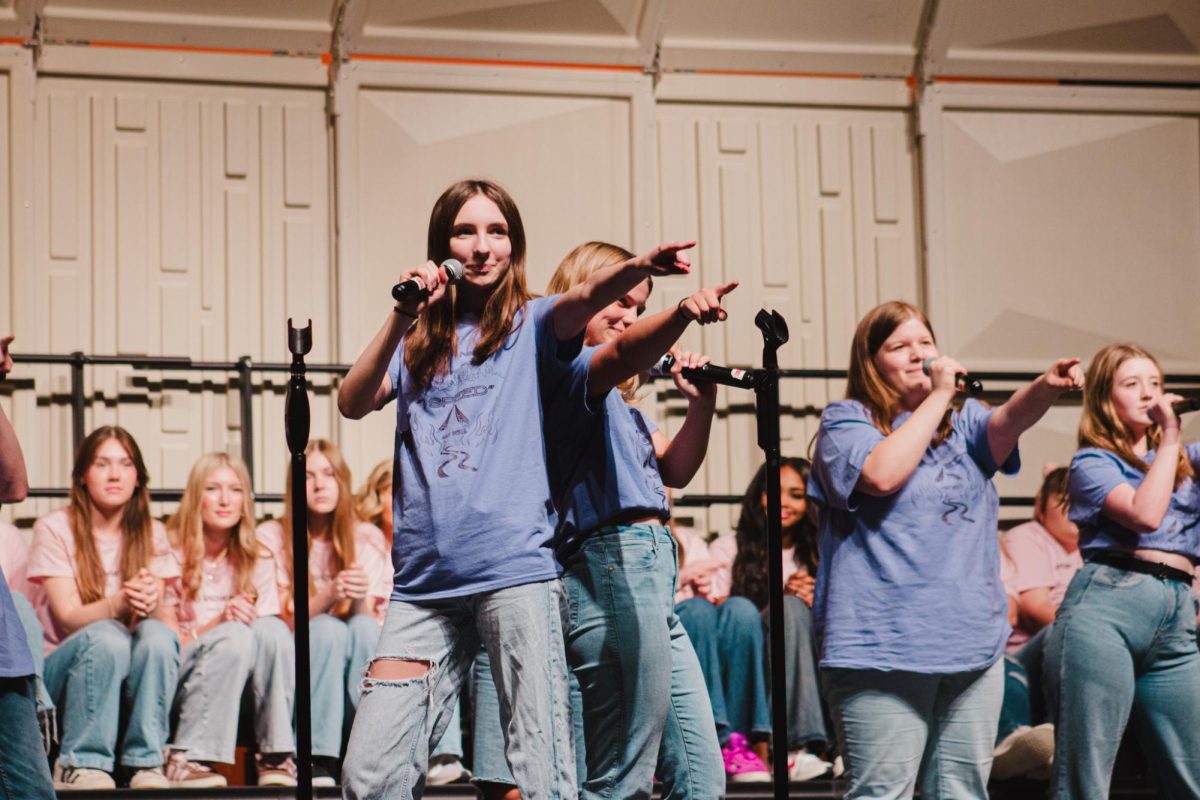
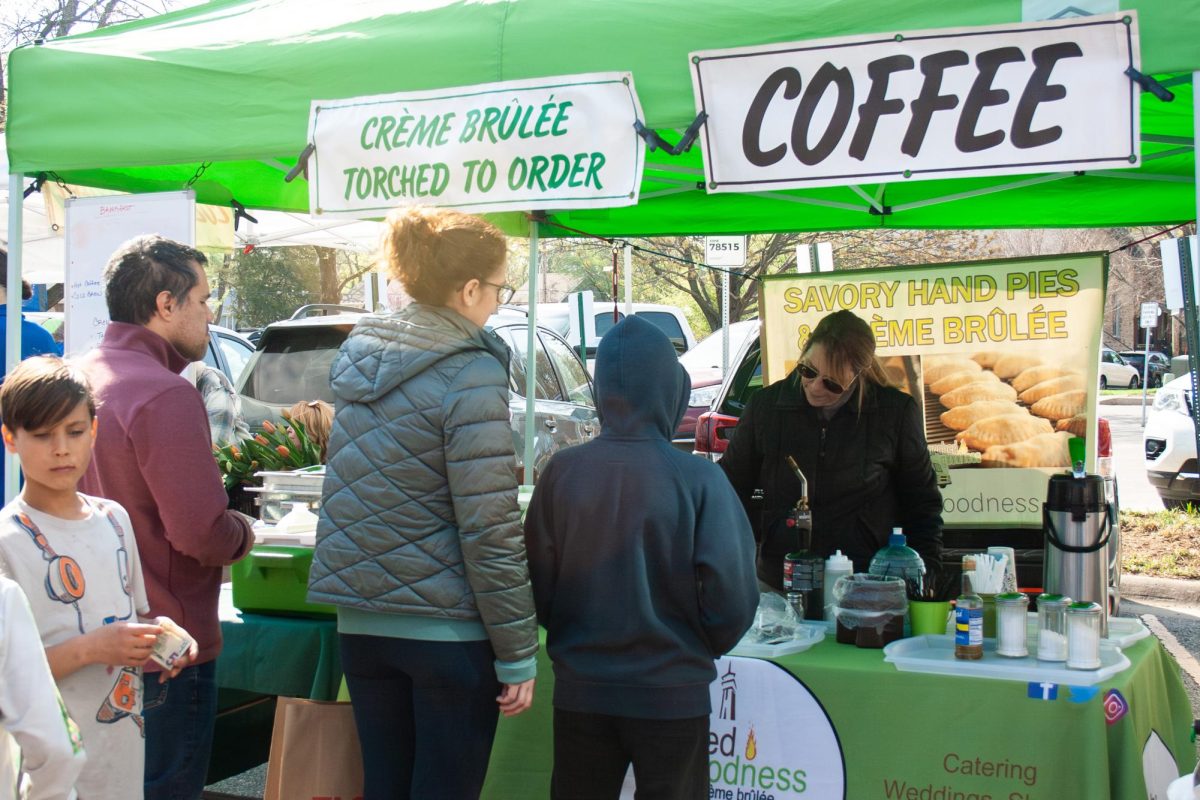
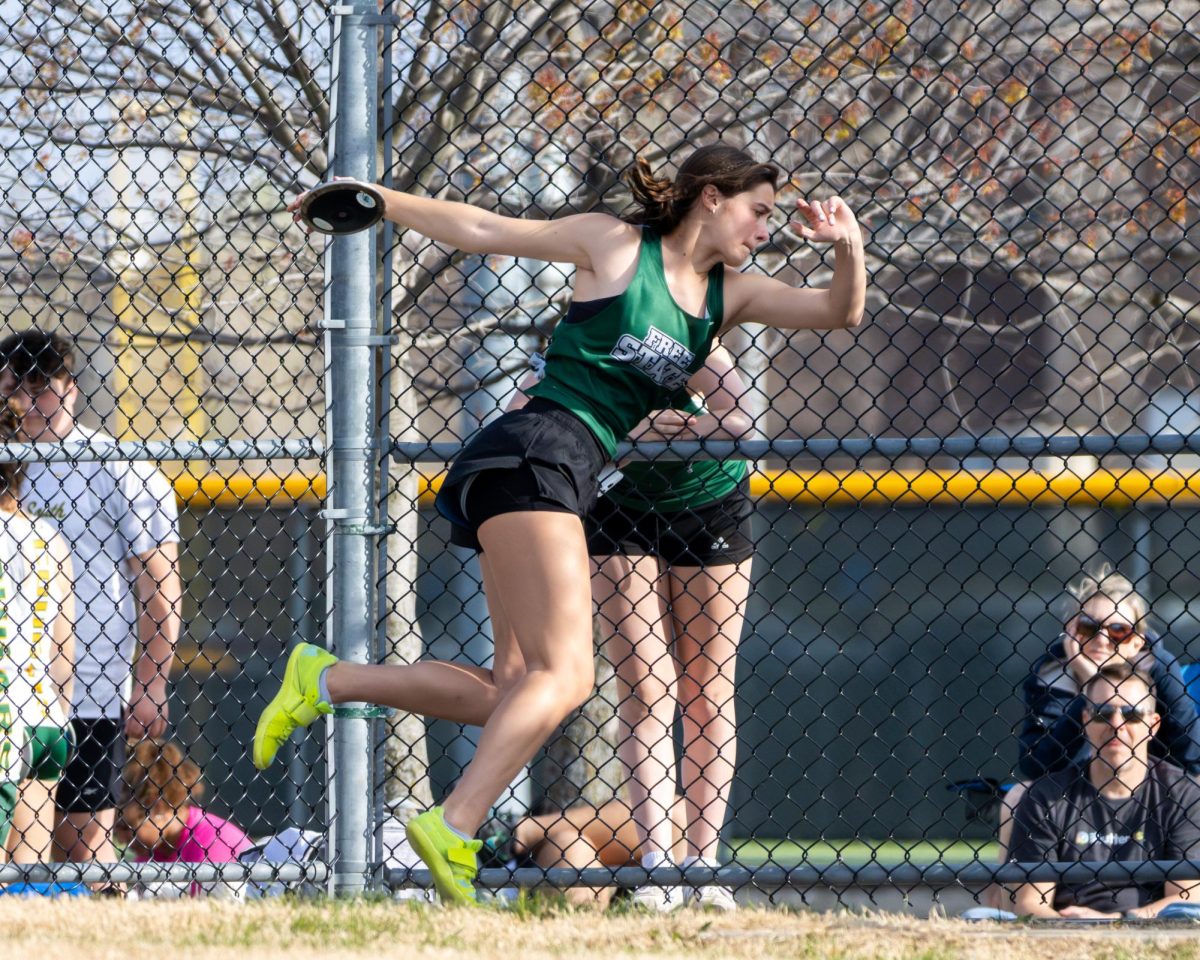

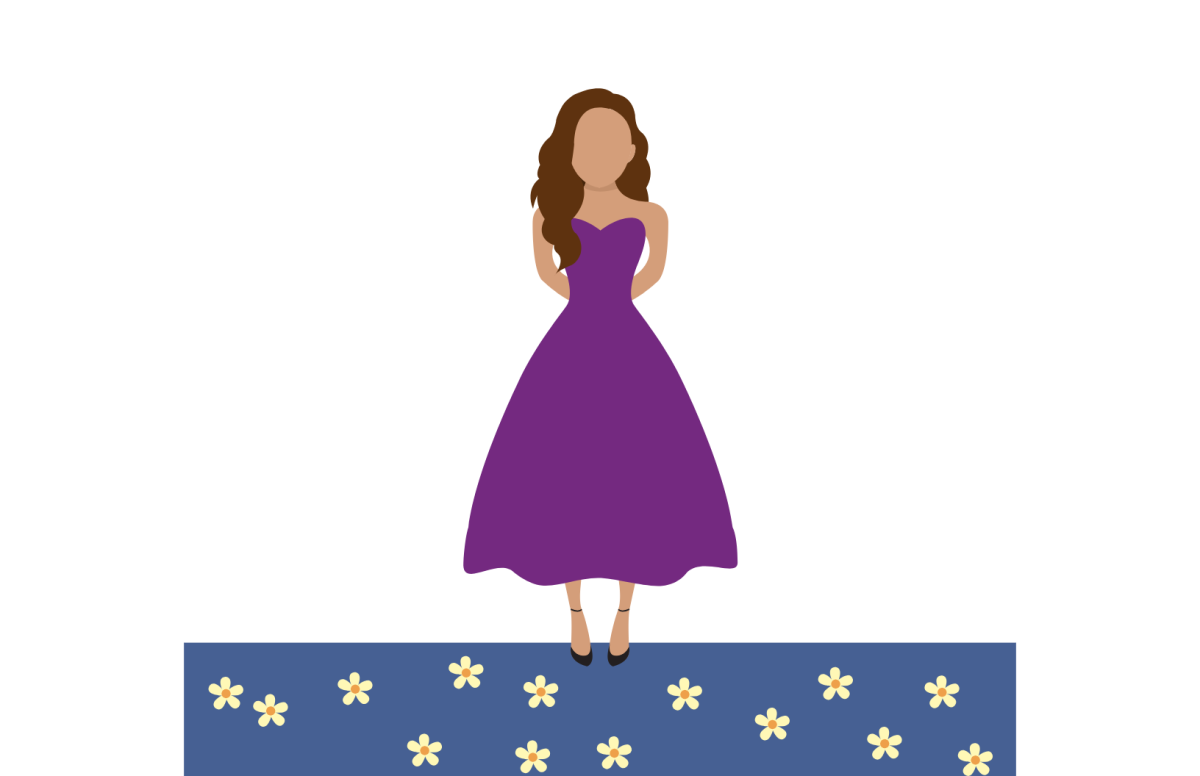
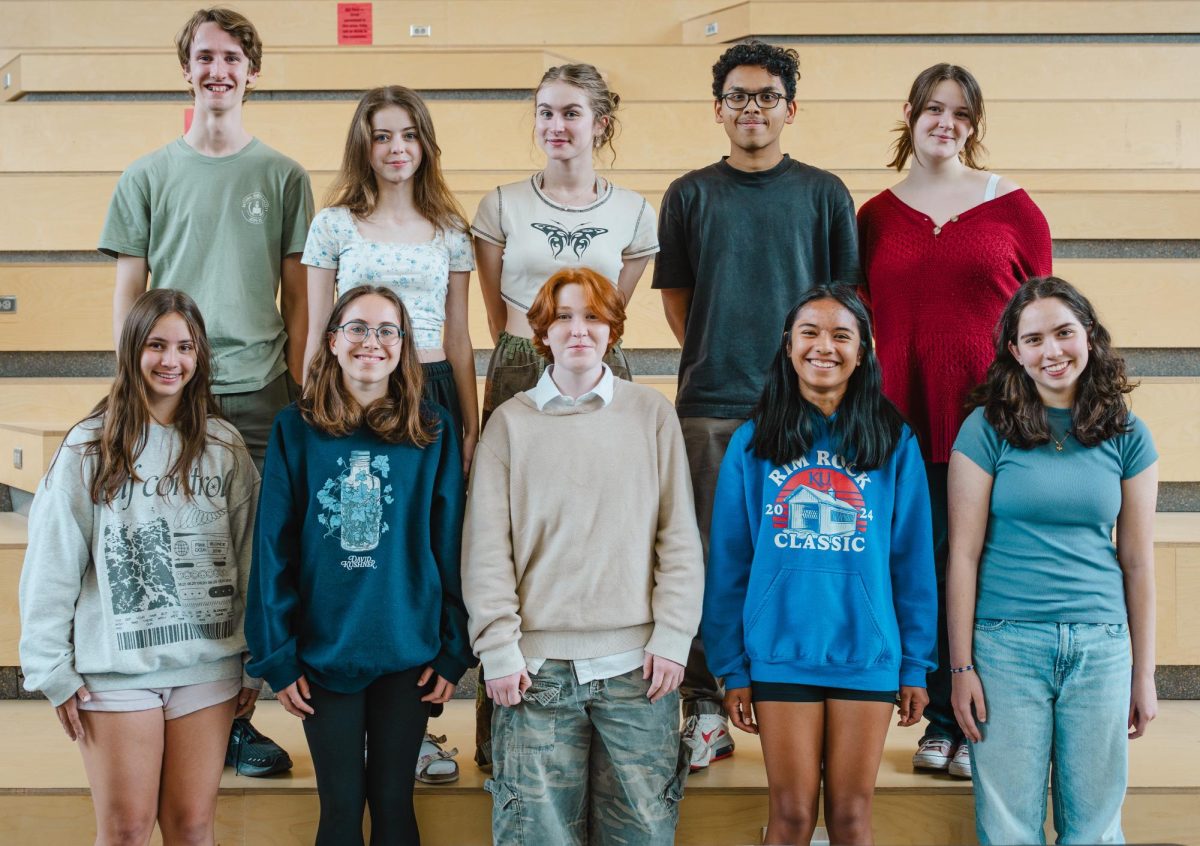
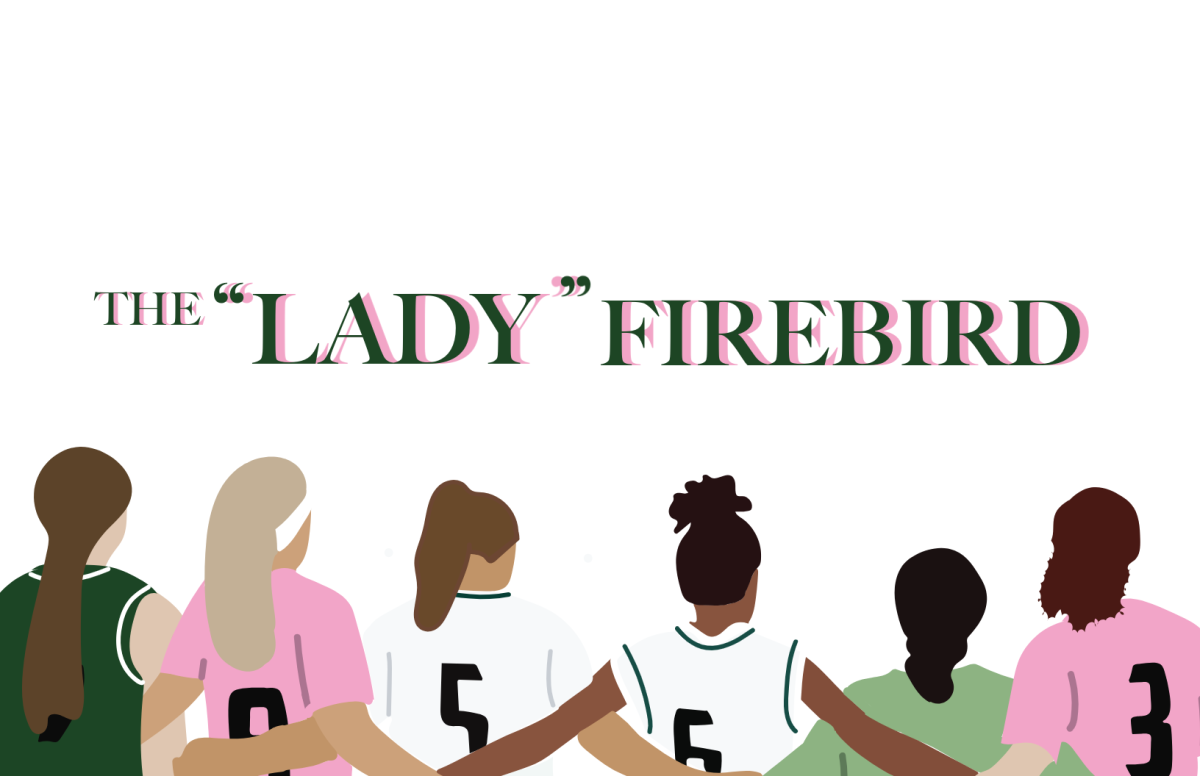
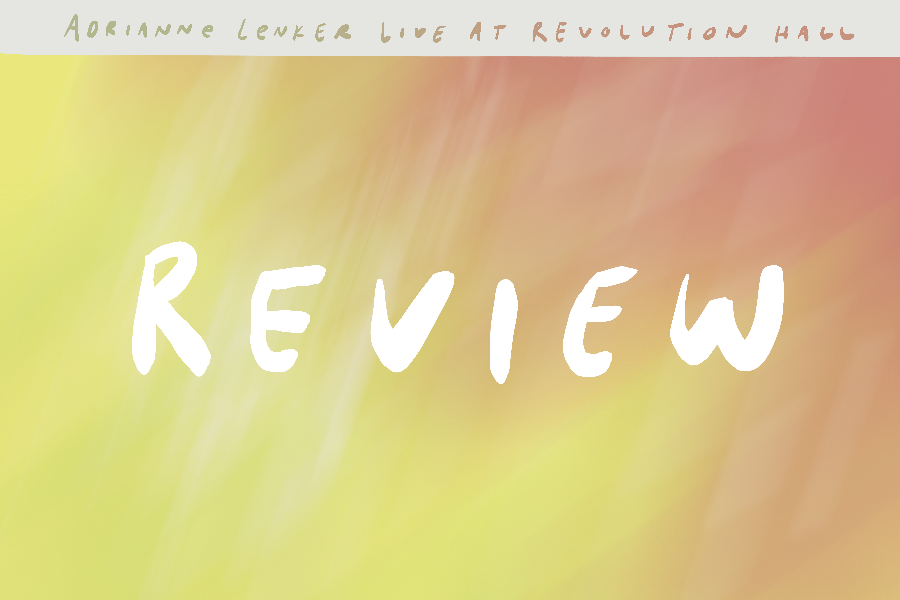


Thomas Boatright • Mar 1, 2013 at 6:37 pm
You stole my Magic Johnson basketball card and gave it to some random third grade girl?!
Adam Fales • Apr 12, 2013 at 5:44 am
I’m here for you, Thomas. <3